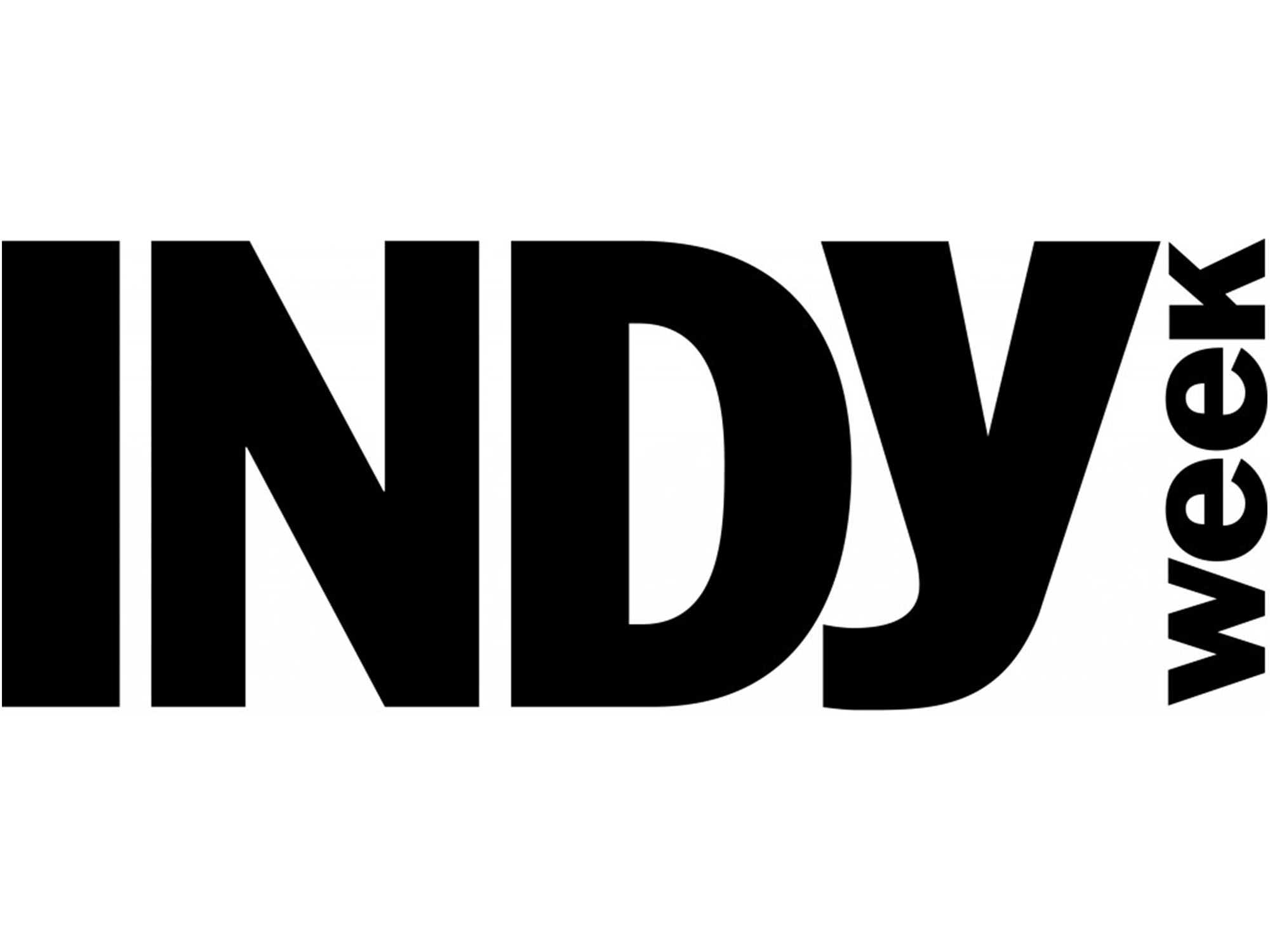Jerry McClain’s house is the one on Fayetteville Street with the skeletons hanging in effigy and a sign reading, “Black seniors hung out to dry and die.”
He’s been accumulating protest signs for years, since the city began negotiating to buy part of McClain’s property in 2013.
After construction on the intersection of Fayetteville Street and Riddle Road started in 2019, the city realized it needed more of McClain’s land than expected. Negotiations failed. The skeletons came sometime after that.
McClain’s case was on the agenda for the August 21 Durham City Council meeting, but it got little attention. The crowd that had packed the council chambers was there for a different debate about development, equity, and change: SCAD.
Short for “Simplifying Codes for Affordable Development,” the proposed amendments to Durham’s unified development ordinance (UDO)—the collected zoning regulations that determine what can be built, and where, in the city—has become Durham’s most explosive political issue.
Shortly after the meeting began, and quickly devolved into accusatory mudslinging, SCAD’s applicant, the Raleigh-based developer Jim Anthony, requested a 90-day delay, pushing the vote until November. Support independent local journalism.
Join the INDY Press Club to help us keep fearless watchdog reporting and essential arts and culture coverage viable in the Triangle.
It was a tacit acknowledgment that SCAD had become too controversial for election season.
SCAD first came before the council in March, but this latest delay spurred Mayor Elaine O’Neal to suggest “a different kind of task force” that could draw on nearby universities for objective analysis. “I think that’s part of the missing discourse,” she said. “There is not an objective voice.”
This week, the task force is supposed to present a plan on how to proceed.
Durham is quite literally being remade. You don’t have to believe in the housing theory of everything—the idea that rising property costs exacerbate issues ranging from income inequality to climate change—to see how the council’s development decisions are shaping the city’s future.
Even at their best, those debates are split into binaries—affordable housing activists versus developers, NIMBYs versus YIMBYs—that are inadequate for the task. But the confusion and vitriol of the August meeting show just how poorly equipped Durham is to navigate questions of its future in its current political state.
Poor Black neighborhoods have allied with wealthier white homeowners against accelerating construction, while some of Durham’s progressives and business-friendly moderates have joined forces with local urbanist developers in the hopes of making the most of the city’s limited powers. All are caught in a stranglehold by the General Assembly.
The vast majority of voters are trying to make sense of it all. Tenants, especially, are just trying to pay their ever-increasing rent.
Read the rest at Indy Week. This story was also published at The Assembly as “Bull City Beef.”
